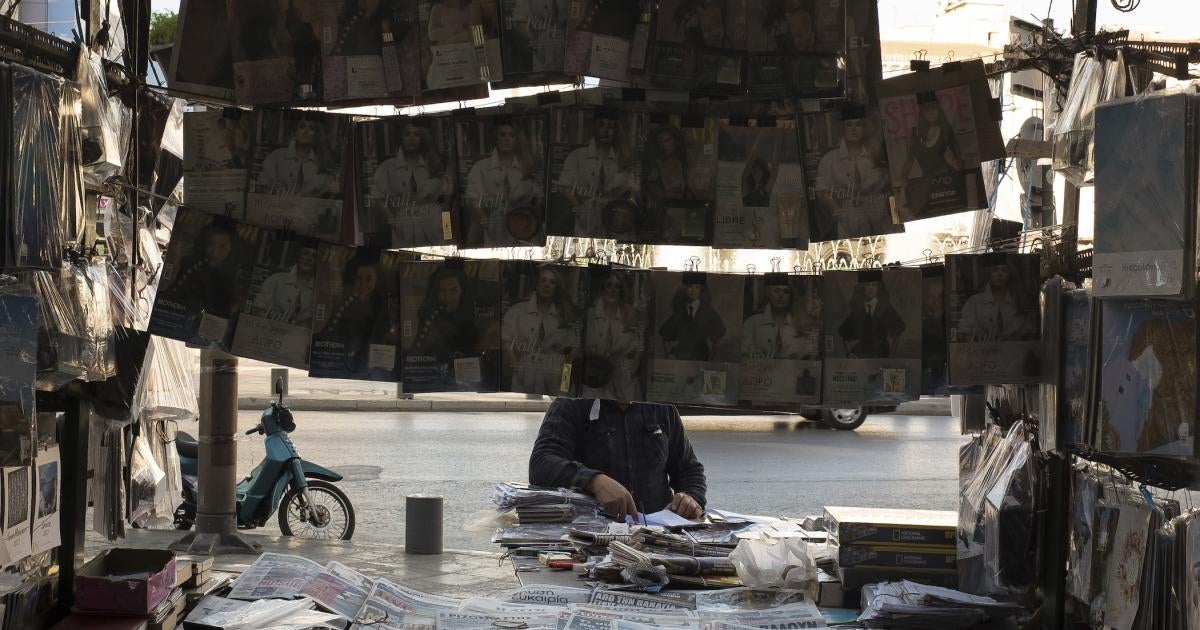In a win for media freedom in Greece, last week an Athens court dismissed a retaliatory defamation lawsuit against journalists. The case was brought by Grigoris Dimitriadis, the nephew of Prime Minister Kyriakos Mitsotakis, against reporters who published allegations of his involvement in a major surveillance scandal. The court ruling comes amid a growing trend in Greece of strategic lawsuits against public participation (known as “SLAPPs”) aimed at silencing reporting that is critical of those who wield power.
In August 2022, Dimitriadis, a former general secretary in the prime minister’s office, who also had responsibility for overseeing the National Intelligence Service, sued Reporters United and its journalists Nikolas Leontopoulos and Thodoris Chondrogiannos, journalist Thanasis Koukakis, and the newspaper Efimerida ton Syntakton, for their reporting on the so-called “Predatorgate” scandal. The scandal revolved around the use of Predator spyware to surveil Greek citizens, including politicians and journalists. In the fallout from the scandal, Dimitriadis resigned from his position in the prime minister’s office and from his role overseeing Greek intelligence.
The Athens Court of First Instance published its decision on October 10, ruling that the media reports did not contain false or libelous content and recognizing the public interest value of the reporting. Dimitriadis filed a second lawsuit in November 2023 against Reporters United and other media outlets, seeking exorbitant damages of €3.3 million. That case is still pending.
In 2022, Dimitriadis was awarded the European “SLAPP Politician of the Year Award” 2022 by the civil society Coalition Against SLAPPS in Europe. Media freedom groups have repeatedly called on Dimitriadis to drop the lawsuits.
Greece has consistently ranked low in Reporters Without Borders’ World Press Freedom Index, holding last position among European Union member states in 2022, 2023, and 2024. The Dimitriadis case highlights the country’s deteriorating media freedom. The Greek government should take concrete steps to protect journalists from SLAPPs, including enacting national anti-SLAPP legislation that provides effective safeguards for journalists and protects them from such legal intimidation. Similar legislation was agreed at the EU level in November 2023.
While this ruling offers a glimmer of hope, the fight for media freedom in Greece continues. It is essential Greek authorities create an environment where journalists can operate freely and hold power to account without fear of reprisal.



